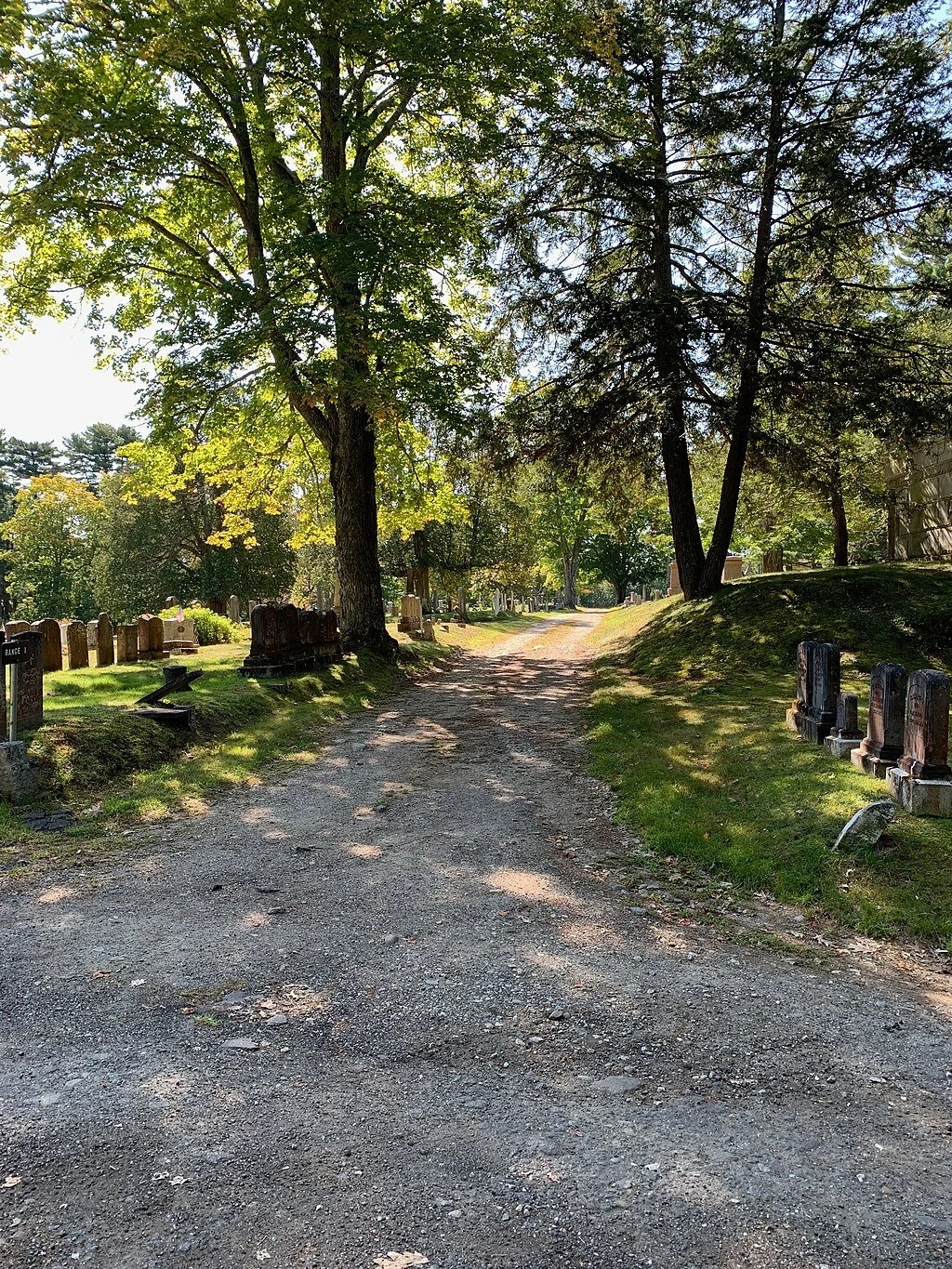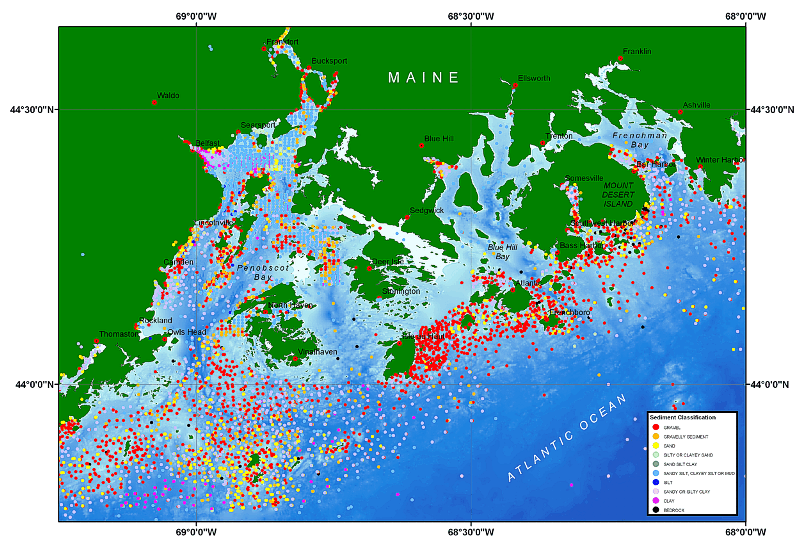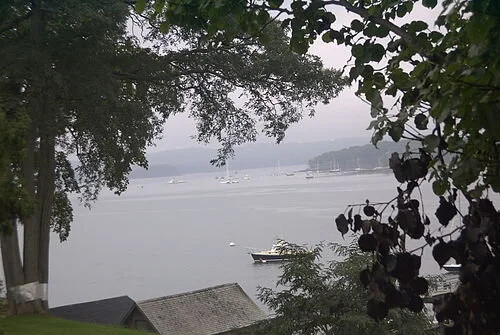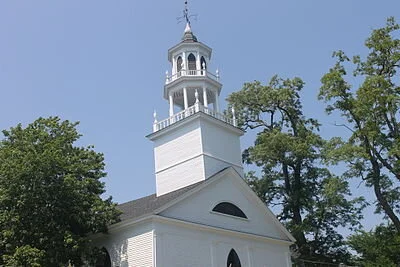
‘Every stone is a skull’
Oak Grove Cemetery, Bath, Maine.
— Photo by Seasider53
“Here, in Maine, every stone is a skull and you live close to your own death. Where, you ask yourself, where indeed will I be buried? That is the power of those old villages: to remind you of stasis.’’
— Elizabeth Hardwick (1916-2007) in The Collected Essays of Elizabeth Hardwick. She spent much time in Castine, Maine, during summers, especially during her marriage to poet Robert Lowell.
Looming islands
“….Across old tides, Deer Isle and
Little Deer loom tall as
spruce, dark as deer….’’
— From “Beyond Equinox,’’ by Philip Booth (1925-2007), a long-time resident of Castine, Maine, on Penobscot Bay.
Main Street in Castine
Maine mazes
— Picture by Gossman75
View of the harbor in Castine, Maine, where Robert Lowell spent much time in the summer
“It was a Maine lobster town….
and below us the sea lapped
the raw little match-stick
mazes of a weir…
— From “Water,’’ by Robert Lowell (1917-1977)
'Too perfect'
“A sinking feeling that here is a transient, a tourist, a caretaker, and not the householder; that men live in New England as the Venetian now lives in Venice…All this white and green and blue is precariously too perfect.’’
— Robert Lowell (1917-1970) in New England and Further, a book of essays much of which was written in Castine, Maine.
What I 'expected Maine to look like'
Downtown Rockland in the summer, when it’s a major tourist center
“Catawamteak,” meaning “the great landing,” is what the Abenaki Indians called the early settlement that became Rockland, Maine. Thomaston and Rockland can be bypassed by Route 90, an eight-mile shortcut which I frequently used as a midshipman, but our bus stayed on the main road and stopped to let passengers on and off in both places. At one time Rockland was part of Thomaston, called East Thomaston, but the two towns have long since separated, having very little in common. In the beginning, Rockland developed quickly because of shipbuilding and limestone production. It was, and still is, an important fishing port. Lobsters are the main export and the five-day Maine Lobster Festival is celebrated here annually. The red, three-story brick buildings lining the main street of Rockland, give it the image of an old working town. I have always been impressed by the appearance of these small towns, because to me this is what I had expected Maine to look like.’’
— Capt. Hank Bracker, in his book Salty & Saucy Maine: Sea Stories From Castine
Rockland in 1908







